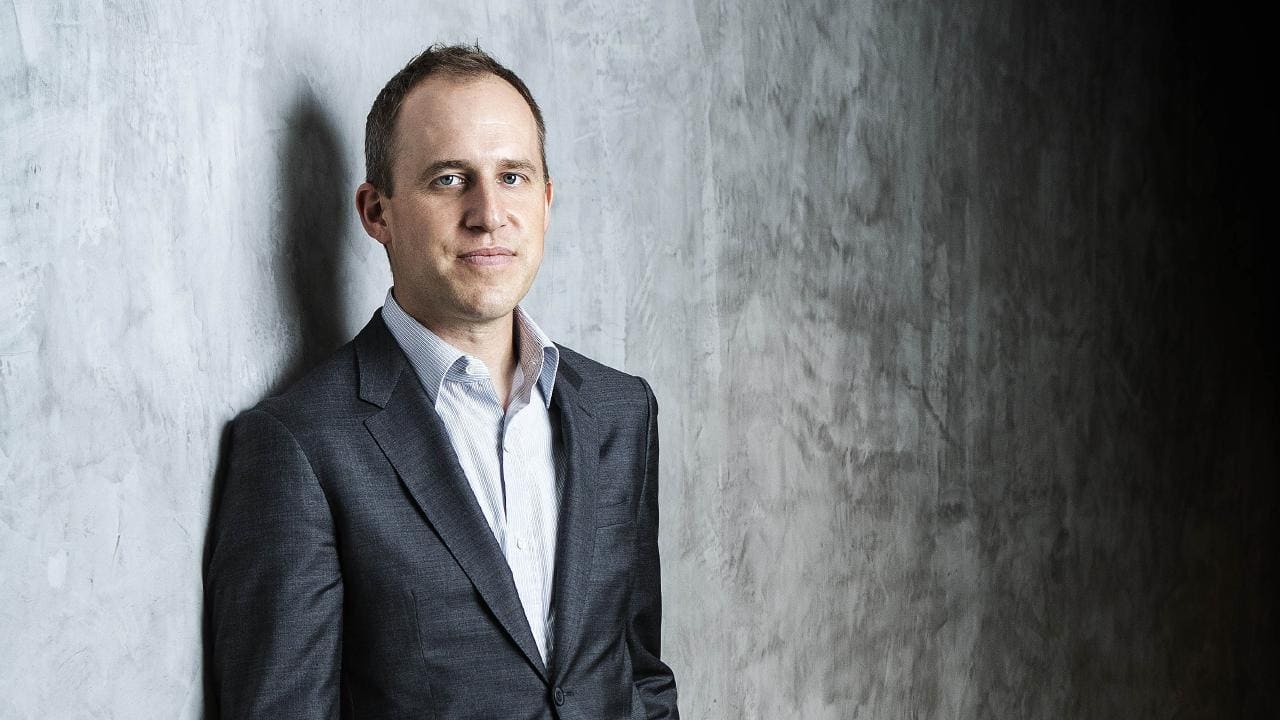Or listen on your favorite podcast app
Apple Podcasts / Google Podcasts / Spotify
—
“There is an inherent optimism that Silicon Valley represents. Innovation is inherently interesting because it is changing the status quo and it’s forcing you to reimagine what the world could be.”— Bret Taylor
Bret Taylor has had a remarkable career as a tech entrepreneur. He founded FriendFeed, one of the first social networks, co-created Google Maps, served as the CTO of Facebook, and is currently the President and Chief Product Officer at Salesforce.
On this episode, Bret takes us through his career from his first company as a teenager to his various businesses and subsequent acquisitions. Bret started off developing web pages for small businesses at the age of 16 before heading to Stanford where he would fall in love with the power of technology.
“I saw the optimism of the technology industry as well as the excess of it. There was a lot of opportunity but after the dot com bubble, it was kind of refreshing because the people who remained were really devoted to the innovation and not just business opportunism.”
Bret learned of Google’s Product Manager Program from Marissa Mayer, his friend from Stanford and fellow teachers’ assistant, and took the opportunity to learn invaluable skills that would later come full circle in his current role. Now at Salesforce, Bret serves as President and Chief Product Officer where he’s introduced countless innovative ideas, including the companies’ Associate Product Management Program, similar to the one he participated in at Google years prior.
Today, Bret shares more details on the Associate Manager Program, talks innovation in the Valley, and shares his journey from entrepreneurial teen to President of Salesforce.
—
P.S. We have a new giveaway this week! Thanks to our partner, b8ta, we will be giving away five Luxome Weighted Blankets! Enter the giveaway here for a chance to win!
Quotes from Bret:
“You end up being much more independent when you have to constantly go into a new school and establish a new identity. I think a lot of my entrepreneurial tendencies were at least amplified by that just because I went in kind of having to forge my own path. I became more confident in myself.”
“For a technology start-up, your success is inextricably tied to the companies’ success and that’s not true of a job at a larger firm. I think it removes a lot of the politics you’d see at a large company and you end up with this sense of camaraderie.”
[On starting his first business] “It was also incredibly liberating. I remember the feeling with technology where I was 16 or 17 at the time, and I was actually running a business — that sense of independence and liberation, it was addictive. You just get this sense of “I can do this.'”
[On founding Quip] “I believe in technology and a lot of business opportunities come up in platform shifts. The move from mainframe to the PC, the move from PCs to internet-connected devices, the advent of mobile devices and now the advent of artificial intelligence are all moments when companies that embrace those platforms can define the next generation’s customer experiences and business models. I felt the advent of mobile devices was going to change the way we work.”



